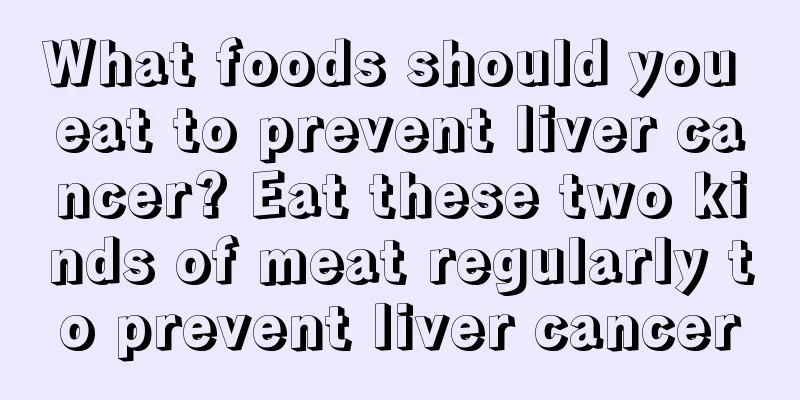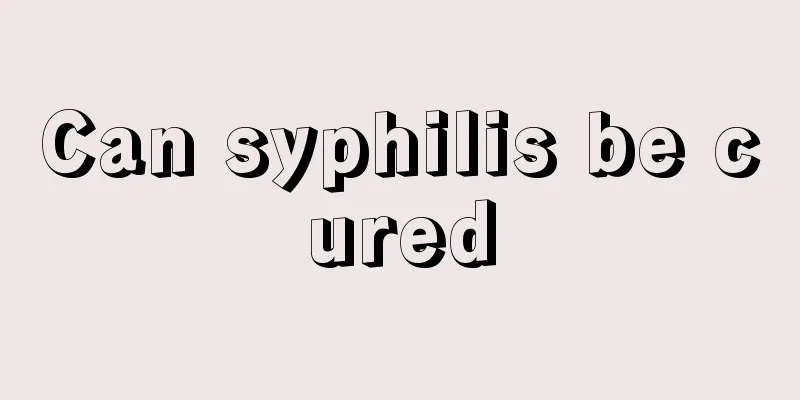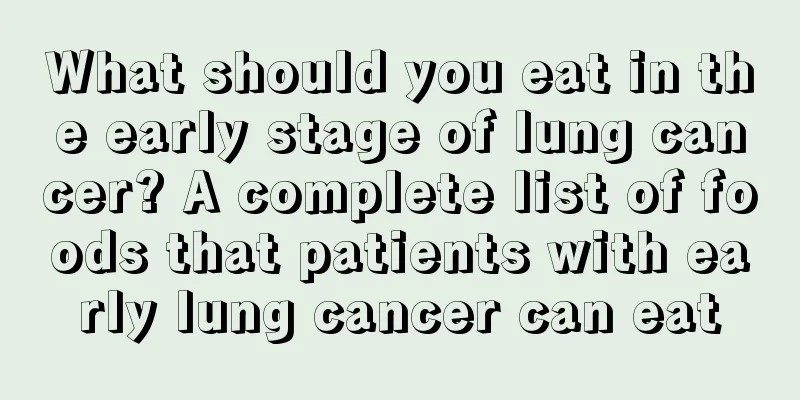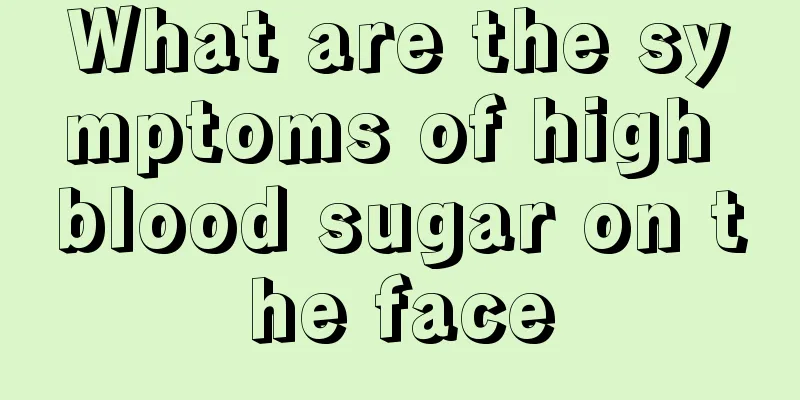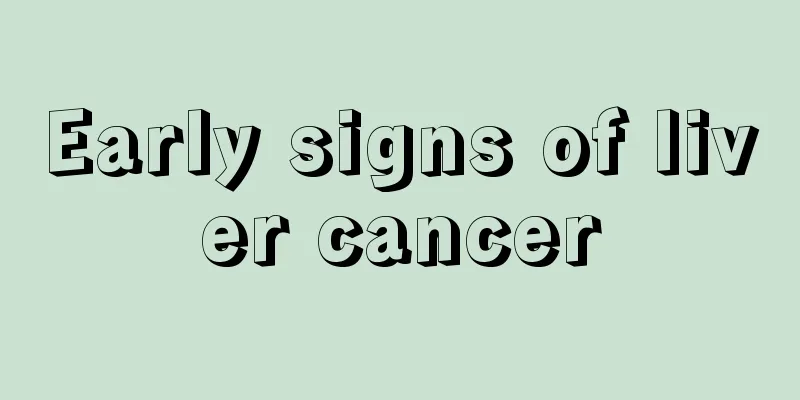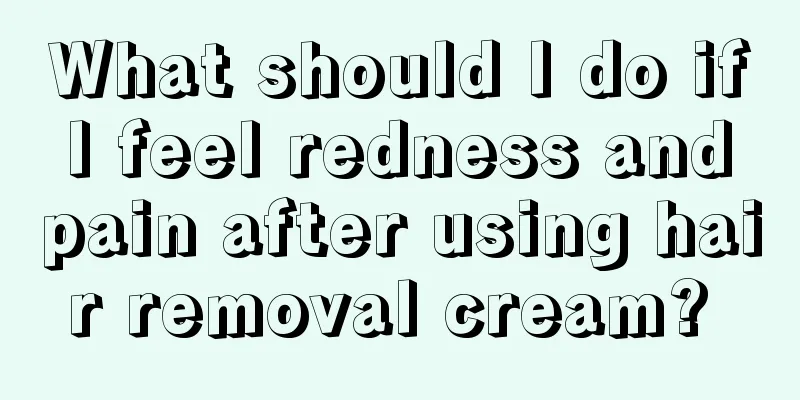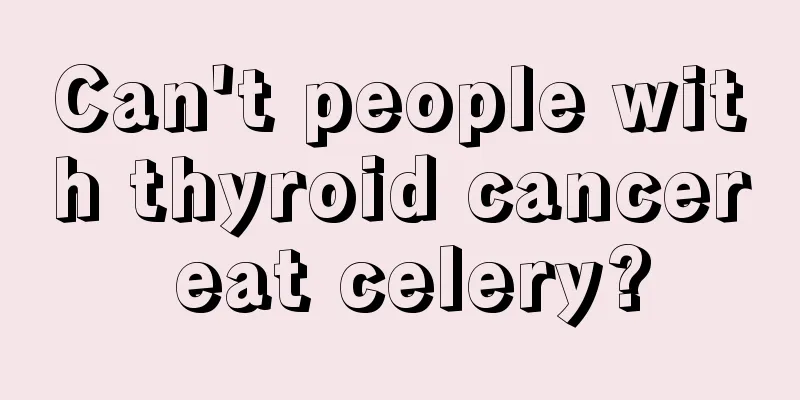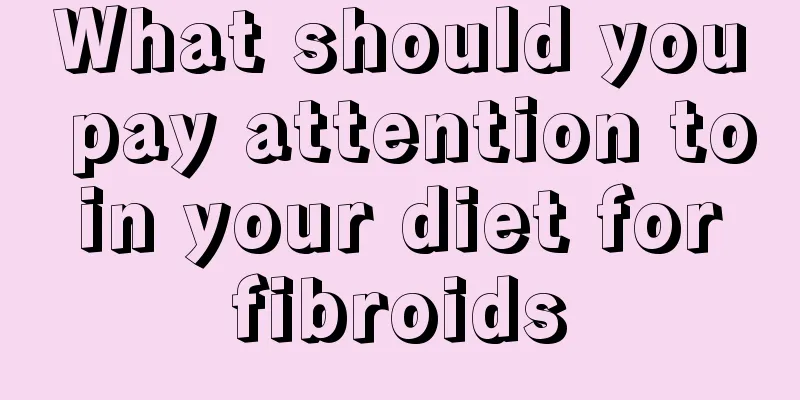What are the treatments for inferior wall myocardial ischemia

|
The treatment of inferior wall myocardial ischemia should focus on treatment and prevention in life. First of all, patients must quit smoking and drinking, and arrange their daily diet reasonably, pay attention to mood regulation, pay attention to drinking water regularly, and exercise appropriately. (1) Quit smoking and drinking. Nicotine in cigarettes can increase the fibrinogen in the blood, causing blood viscosity and increasing the incidence of myocardial ischemia. Too much ethanol can increase the heart's oxygen consumption and increase the heart's burden. (2) Eat a balanced diet, eat small meals frequently, eat less cholesterol-rich foods (egg yolks, butter, fatty meat, animal offal) and sugar, and eat more fresh vegetables and fruits. (3) Feeling happy and peaceful. When people are overly excited, their blood pressure may rise, myocardial contraction may increase, and myocardial ischemia and hypoxia may be aggravated. (4) Avoid lack of oxygen. The room should be ventilated frequently. If there is a long-term lack of oxygen supply, patients with coronary heart disease are prone to symptoms such as chest tightness, which will aggravate the degree of arteriosclerosis. (5) Drink water regularly. Patients with coronary heart disease, especially the elderly, have increased blood viscosity. Water can dilute the blood and promote blood flow, so it is important to develop the habit of drinking water regularly. (6) Avoid extreme cold and heat. Catching a cold can cause peripheral blood vessels to constrict and increase heart rate; in hot summer, the sympathetic nerves are easily excited, which can also increase the heart rate and increase the burden on the heart. (7) Appropriate exercise. Patients with myocardial ischemia must not only persist in exercising, but also strictly control the degree. Excessive exercise can easily lead to acute ischemia and hypoxia of the cardiovascular and cerebrovascular systems, and may cause acute myocardial infarction. (8) Always have medications to relieve angina pectoris and myocardial ischemia available for immediate use. If pain persists or cannot be relieved by medication, go to the nearest emergency room immediately. |
<<: Is carbon monoxide poisoning painful? The symptoms are like this
>>: Is bronchiectasis contagious?
Recommend
Which hospital is good for kidney cancer
Kidney cancer, also known as renal cell carcinoma...
Does early sexual activity easily lead to cervical cancer? What is the connection between cervical cancer and sexual activity?
Sexual life, marriage, and pregnancy factors Wome...
The difference between cholecystitis and gastritis
There is a fundamental difference between cholecy...
What are the symptoms of diabetic pancreatic cancer
What are the symptoms of diabetic pancreatic canc...
How to make honey tomato juice mask
Nowadays, technology is developing rapidly, and v...
Can a woman with ovarian cancer have a baby?
Ovarian cancer is a common gynecological disease ...
What kind of underwear can make your breasts look smaller?
Many girls have relatively large breasts, which a...
What to do if hearing loss occurs due to nasopharyngeal cancer
What should I do if I suffer from hearing loss du...
What color hair should I dye if I have a fat face
More and more people are beginning to like dyeing...
How to lose weight effectively when you have heavy moisture
Of course, people with heavy dampness should pay ...
What is the medicinal value of liquor
The history of liquor is very long. Liquor is mai...
How to diagnose early lung cancer
How to diagnose early lung cancer? Lung cancer ca...
How to recover quickly after a sternum fracture
When it comes to sternum fracture, many people do...
How to tell if the bone line has healed
Everyone knows that when a person reaches a certa...
The most common health care for uterine cancer in daily life
Among the diseases in the oncology department, ut...
